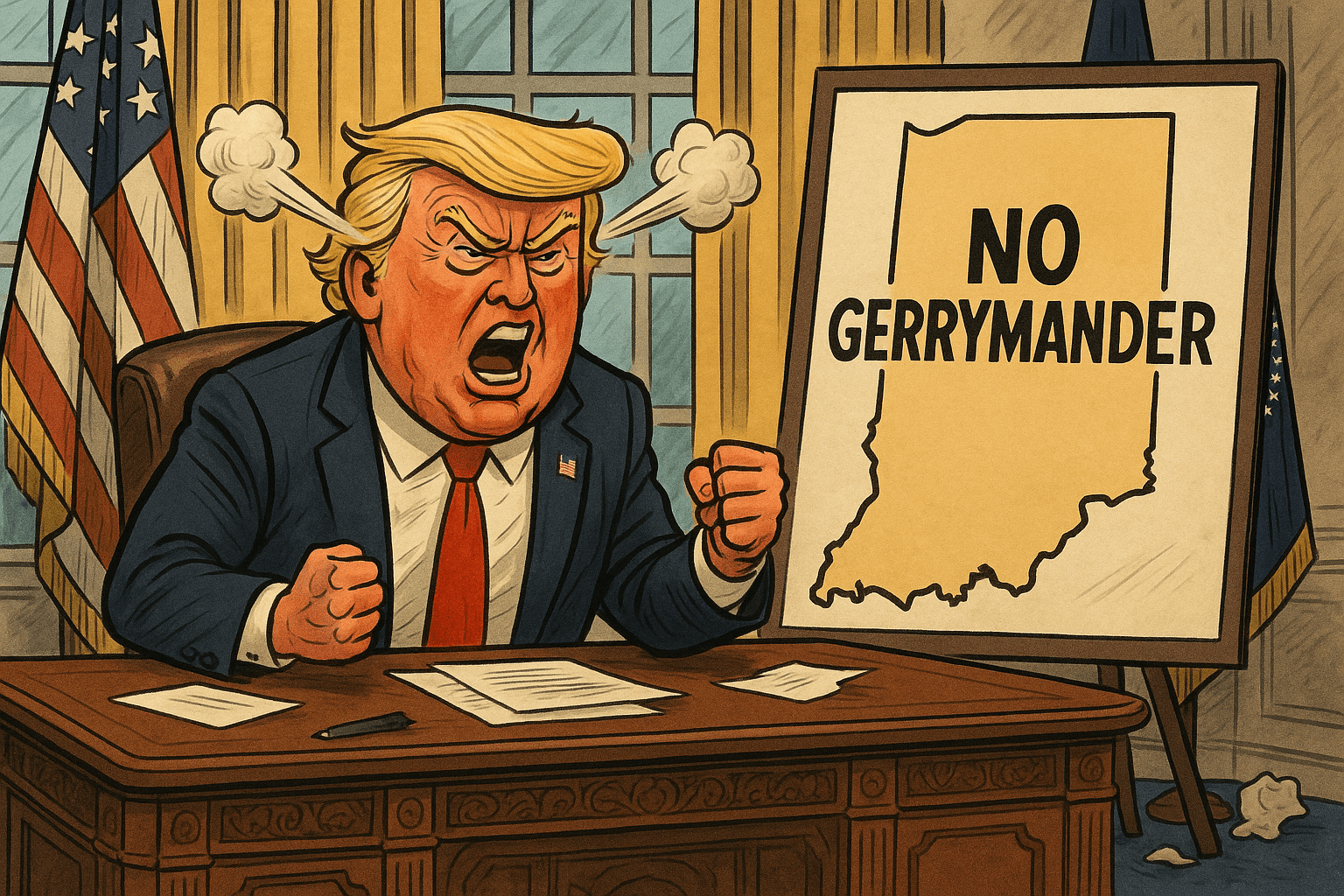Oregon's Largest Voting Group is Barred from Taxpayer-Funded Elections

Voters registered as “Non-Affiliated” in Oregon now outnumber registered Republicans and Democrats, according to the latest voter registration data. Yet, despite being the largest voting group, these voters are denied access to critical taxpayer-funded primary elections.
The latest voter registration data in Oregon shows voters registered “Non-Affiliated” just barely outnumber registered Democrats by nearly 3,000 voters. It may not seem like a huge separation, but these voters also make up over a third (34.46%) of the registered voting population.
According to the registration breakdown, independent voters are the largest voting group in 18 out of 36 counties, including rural and urban jurisdictions.
The Republican and Democratic Parties like to point to the use of automatic voter registration (AVR) to explain the surge in “Non-Affiliated” voters. A voter is registered “Non-Affiliated” if they do not specifically declare a party affiliation when being registered to vote.
However, this ignores the significant drop in voters registered with the parties in a short period of time. The number of “Non-Affiliated” voters has grown by nearly 82,000 voters since the 2020 general election. The number of voters registered with either major party dropped by just over 64,300 over the same time period.
Why are these numbers important? Despite the sharp increase in voters choosing to register outside the major parties, the state maintains a primary election system that is explicitly designed to serve the private interests of those parties and their members -- and no one else.
“Non-Affiliated” and minor-party voters are barred from participating in publicly-funded primary elections, as are minor-party candidates. Oregon’s closed primary system restricts access to only members of the Republican and Democratic Parties.
In other words, instead of allowing all voters an opportunity to decide which candidates end up on the general election ballot, the parties make that decision for the electorate even though neither party represents a plurality of registered voters anymore. Further, there is no telling how many voters are registered with the parties just so they can participate in primary elections.
“These data [points] should be a wake-up call to voters and legislators across the state. It is unconscionable that over 34 percent of the electorate is barred from voting in publicly funded primary elections,” said Ed Doyle, president of Oregon Open Primaries.
“It is high-time Oregon modernizes its primary system to allow all registered voters to vote and all qualified candidates to compete. Gone should be the days of partisan limits on who can participate in our elections.”
Oregon Open Primaries has offered a ballot initiative that would enshrine the right of all voters and candidates, regardless of party affiliation or lack thereof, to participate in primary elections into the state constitution. The proposal does not require a specific primary reform, but would force the legislature to implement a new system that guarantees fair and equal access.
The ballot measure has cleared the initial sponsorship signature stage and has been given a draft ballot title by the Oregon Department of Justice. A 10-day public comment period on the draft title is underway, after which Oregon Open Primaries can start collecting signatures to place the initiative on the 2022 general election ballot.
Oregon Open Primaries will need over 150,000 signatures to certify their initiative. The group is optimistic they will have the support needed to get it across the finish line.
 Shawn Griffiths
Shawn Griffiths





